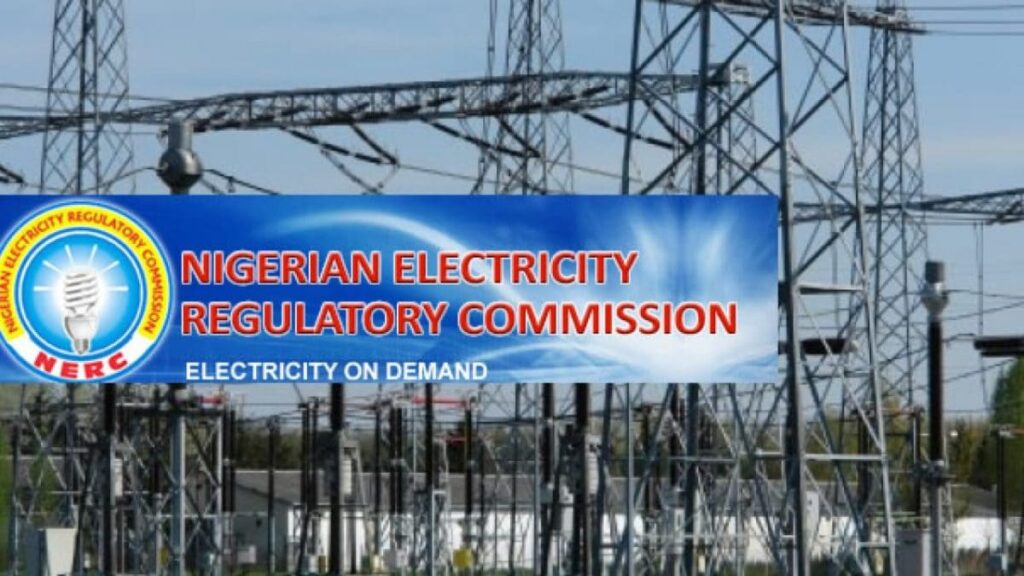Nigeria’s payment of subsidy on electricity has gulped a total of N633.30bn in the first quarter of 2024.
This figure represents an increase of 151% from N252.76bn previously reported by the Nigerian Electricity Regulatory Commission (NERC).
In its latest data, the NERC disclosed that electricity subsidy skyrocketed to N211.10bn per month in the first three months of 2024, from N84.25bn in the last quarter of 2023.
NERC revealed that the increase was largely attributable to the government’s policy to harmonise the exchange rates while also issuing a policy directive that end-user customer tariffs remain at the rates that came into effect in December 2022.
“Due to the absence of cost-reflective tariffs across all distribution companies, the government incurred a subsidy obligation of N633.30bn (90.57 per cent of total Nigerian Bulk Electricity Trading Plc invoice) in Q1 2024 (average of N211.10bn per month).
Across 2024/Q1, this represents an increase of N380.56bn (150.56 per cent) compared to the N252.76bn (average of N84.25bn per month) incurred in Q4 2023,” the regulator stated.
The absence of cost-reflective tariffs was said to have caused the Federal Government to undertake to cover the resultant gap between the cost-reflective and allowed tariff in the form of tariff subsidies.
For ease of administration, the subsidy is only applied to the generation cost payable by Discos to NBET at source in the form of Disco’s Remittance Obligation.
The DRO, it was learnt, represents the total Genco invoice that is billed to the Discos by NBET based on what the allowed Disco tariffs can cover
In the first three months of the year, the DRO-adjusted invoice from NBET to the Discos was said to be N65.96bn while the total remittance made was N65.52bn, which translates to a 99.33 per cent remittance performance.
Comparatively, in 2023/Q4, the Minimum Remittance Obligation-adjusted invoice from NBET to Discos was N223.32bn and the total remittance was N156.40bn, which translated to a 69.92 per cent remittance performance.
This means that the remittance performance of Discos to NBET increased by 29.41 points percentage in 2024/Q1 compared to 2023/Q4,” the NERC said.
Recalls that the NERC had on April 3 cut off subsidy payment in areas categorised as Band A, in an attempt to reduce subsidy obligations. This has since raised the tariff in Band A to above N200 per kilowatt-hour from N68.
It was gathered that the electricity claim for April was N140bn; it was N102.30bn in May and N158.53bn in June, a reflection of the Band A subsidy removal. However, it is higher than the N84bn recorded monthly in Q4 2023.
Our correspondent reports that the NERC recently removed NBET from the power purchase agreement between the Discos and Gencos, giving the two parties the chance to transact businesses without a middleman.
Meanwhile, the International Monetary Fund has warned the Nigerian government to remove what it called implicit energy subsidies.
In a recent report, the IMF told Nigeria that the subsidies would guzzle three per cent of the nation’s gross domestic product in 2024, as against one per cent in the year before.
As Nigerians agitate for the reversal of the Band A tariff to N68/kWh, IMF submitted, “The tariff adjustment will help reduce expenditure on subsidies by 0.1 per cent of gross domestic product while continuing to provide relief to the poor, particularly in rural areas.”

